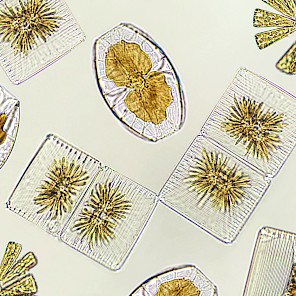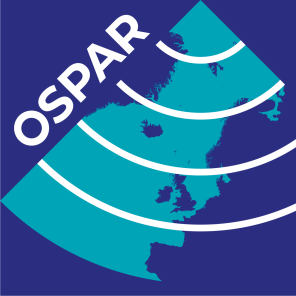| | Marine food webs describe the interconnectedness between different species and habitats. They can be used to illustrate and understand the relationships between predators and prey, the way in which energy flows through marine ecosystems and the way in which ecosystems function.
Our 2 food web Indicator assessments and the pilot assessment featured in this week's Friday Ocean Findings contribute to our 2023 Quality Status Report which, when viewed together, build a picture of the overall condition of the marine environment of the North-East Atlantic and progress towards achieving our vision of a clean, healthy and biologically diverse North-East Atlantic Ocean, which is productive, used sustainably and resilient to climate change and ocean acidification. The results will also be used by OSPAR Contracting Parties to inform policy decisions.
We hope you enjoy these Indicator Assessments. Please contact us with any comments at [email protected] |
| |  | | Pilot Assessment of Primary Productivity | Primary production sustains the functioning of marine food webs. Over the long-term (1997-2019) primary production was stable in the Greater North Sea, Celtic Seas and Bay of Biscay and Iberian Coast. Significant decreases occurred between 2015 and 2019, likely driven by reduced nutrient availability and climate change, which may disturb higher trophic levels. |  READ MORE
READ MORE |
| |  | | Further information | For more information on OSPAR's work please visit our website. |
|
|
| | |
|